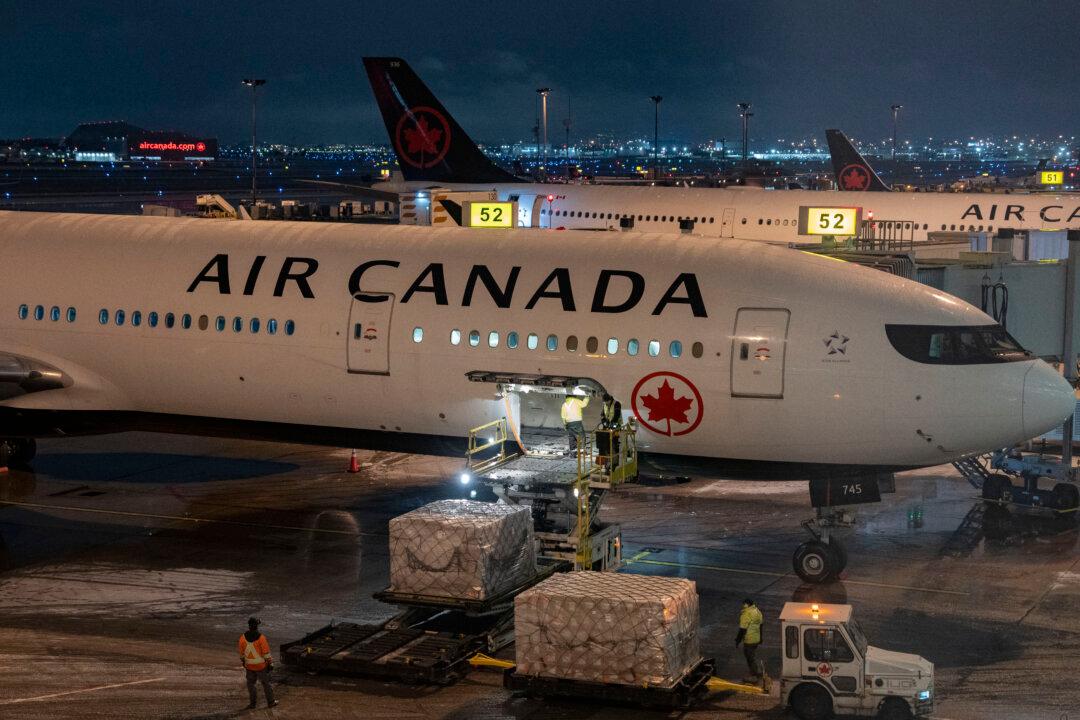WASHINGTON—A rare phenomenon is transpiring in the U.S. capital—people are curious about Canada’s new prime minister.
From conversations in cabs and coffee shops, in government offices and think-tanks, in media stories, and from foreign politicians, Washington is talking about Justin Trudeau.
During a U.S. visit, the leader of a centre-left European political party revealed his own interest in Trudeau.
“Fascinated,” is how Diederik Samsom described his reaction to the Canadian election.
Samsom’s Dutch Labour party faces the same struggle the Liberals have faced. The traditionally mighty party has fallen on hard times, with rivals to its left and right eating away at its support. So it’s no coincidence that he’s asking questions about the campaign that pulled Canada’s centre-left party from third place to a surprising majority.
He’s not alone.





